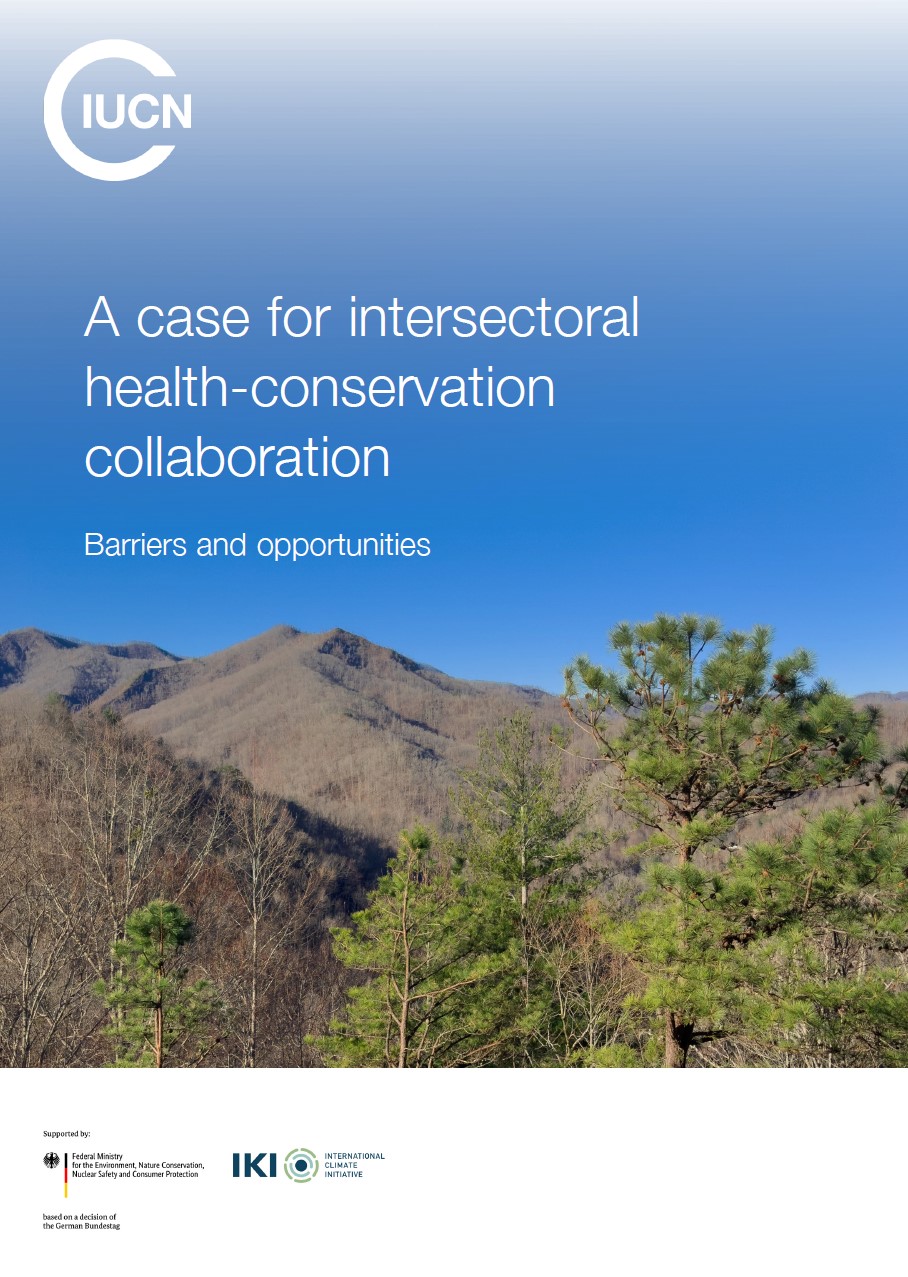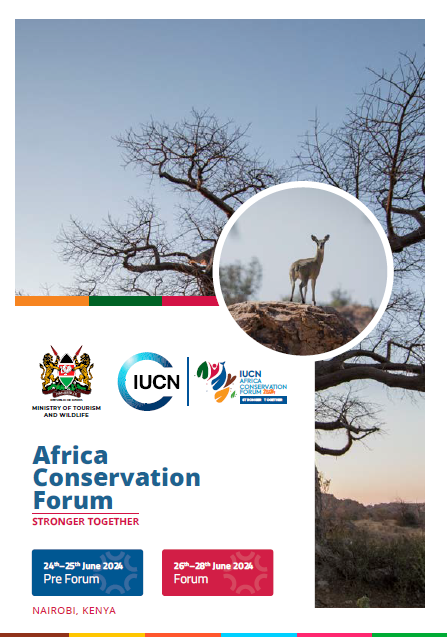Pro-poor analysis of REDD+ activities in the Yucatan Peninsula, Mexico
REDD+ refers to the implementation of activities under the UNFCCC in developing tropical countries to reduce emissions from deforestation and forest degradation and to promote the sustainable management of forests and the enhancement and conservation of forest carbon stocks. REDD+ will provide financing based on performance to countries reducing their greenhouse gas emissions from deforestation and forest degradation. A great deal of concern has been raised by civil society about REDD+ regarding questions of equity and whether the benefits of this policy will be ‘pro-poor’. The objective of this study is to evaluate the potential for pro-poor REDD+ benefit sharing in the region known as Yucatan Peninsula (comprising the states of Campeche, Quintana Roo and Yucatan), considering the prevalent drivers of deforestation and forest degradation and the possible alternatives to address them, and assessing the impacts of each of these strategies on different local social groups. The analyses presented here consider the identification of local poorer groups and their prototypical involvement in the main drivers of emissions and potential engagement in REDD+ activities. The information can be used as “cross-reference” tools for the analysis and the design of pro-poor interventions that can be replicated and adapted to specific condition.


